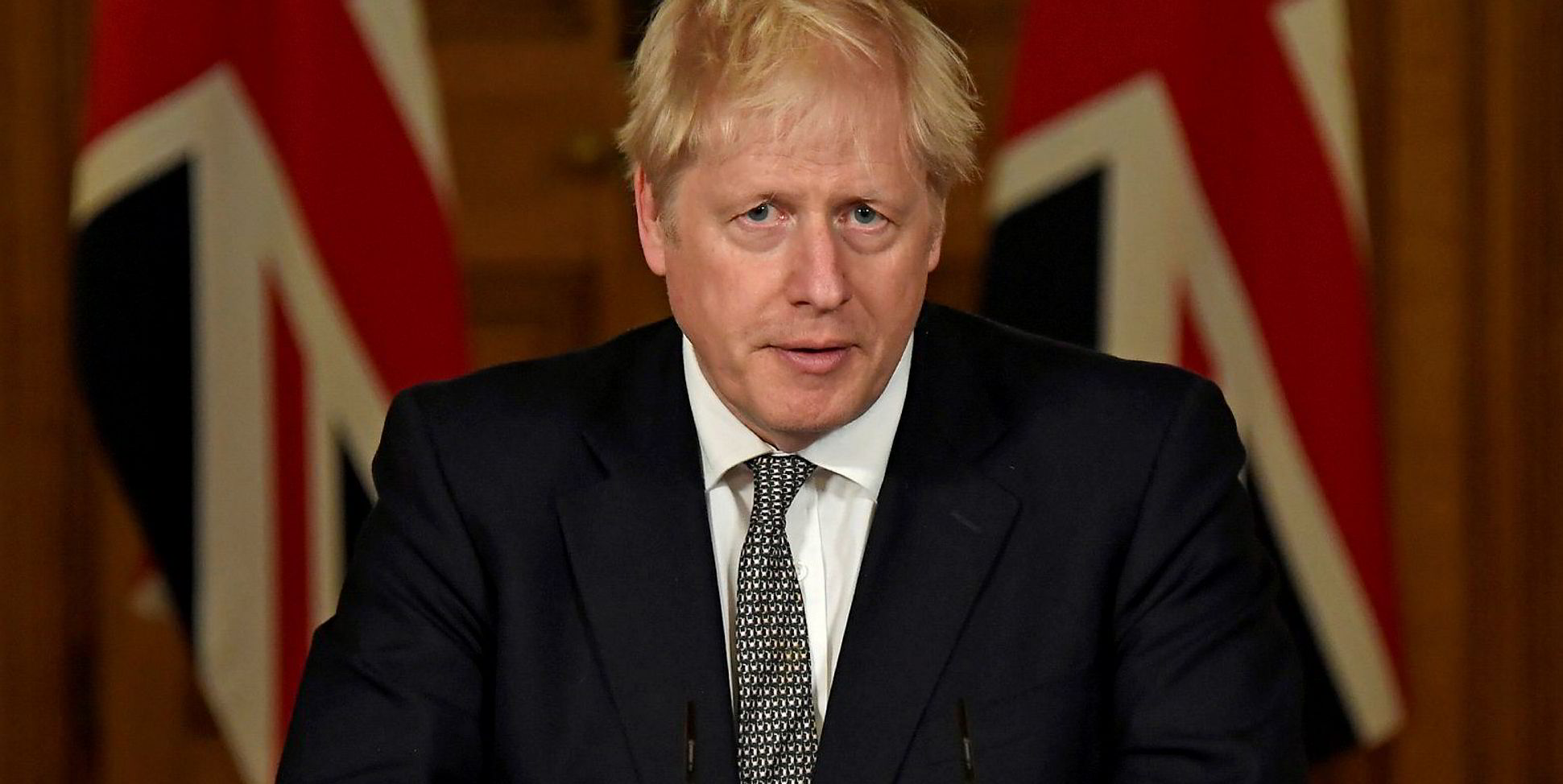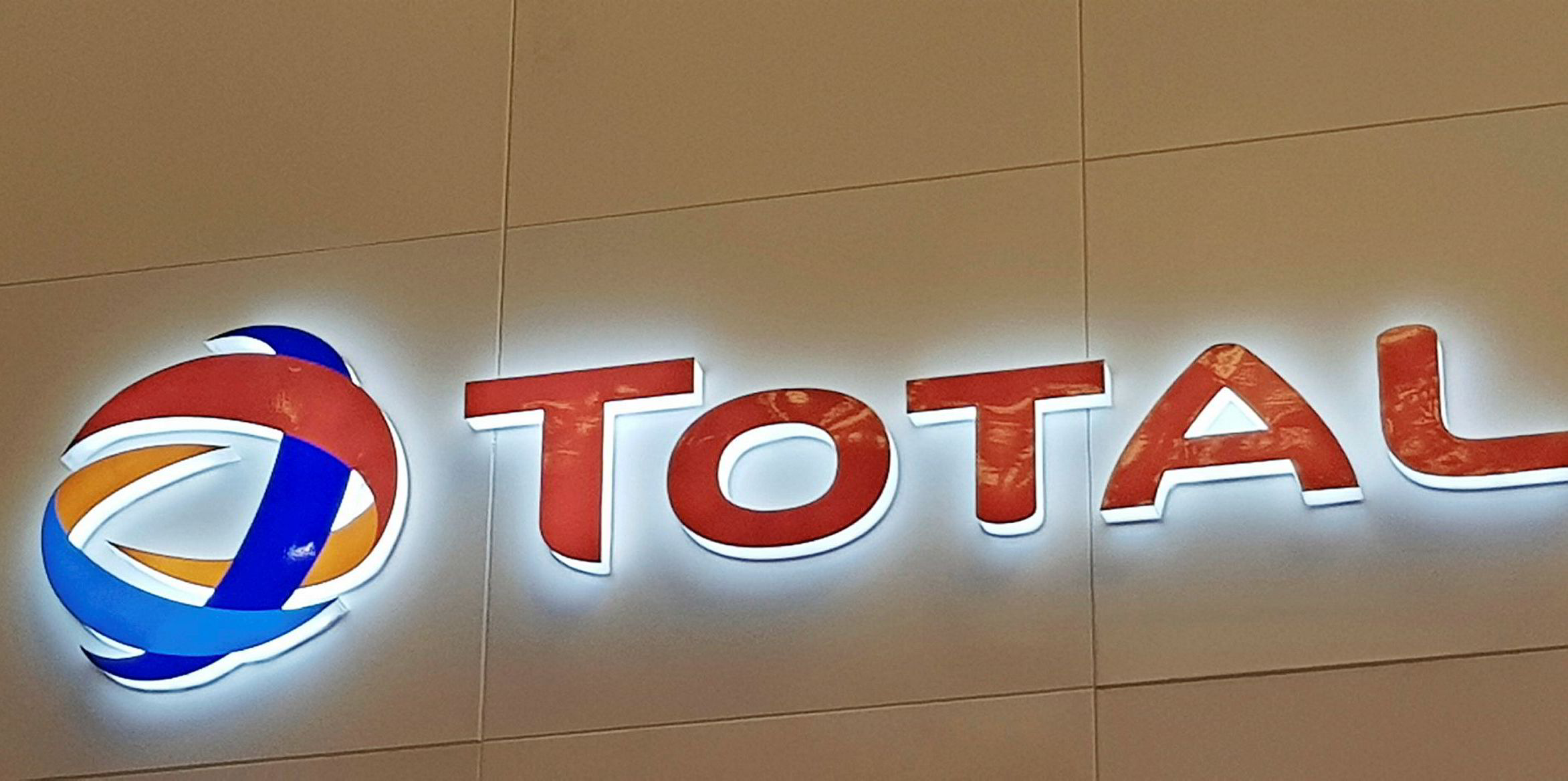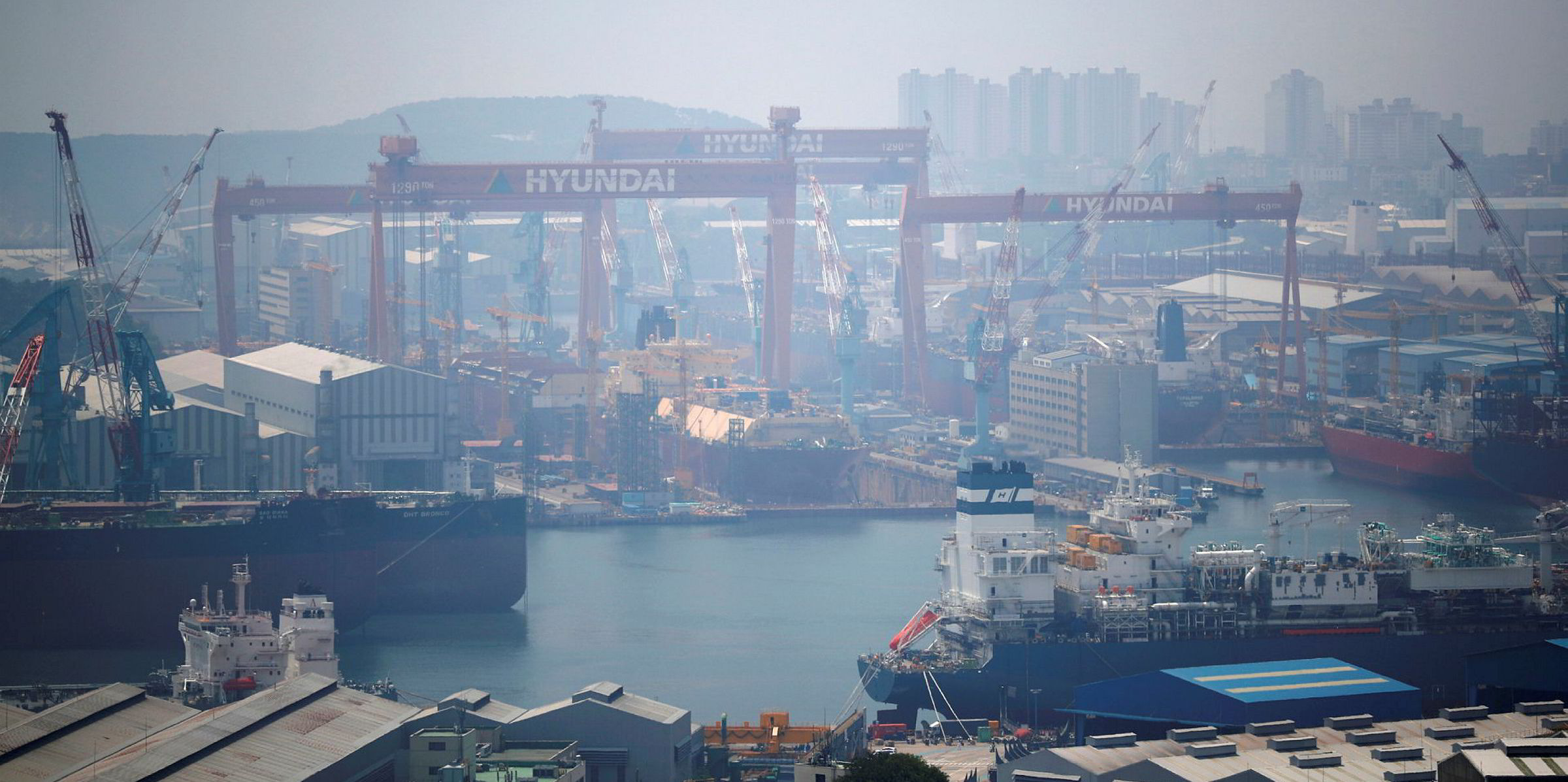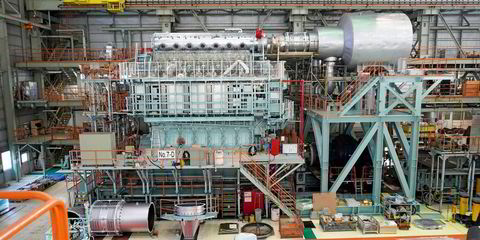News of an immiment coronavirus lockdown in the UK has moved the forward oil price spread further in tanker owners' favour.
The UK government said over the weekend that non-essential businesses and offices will be closed for at least four weeks from 5 November, hitting oil demand and prompting sell-offs in prompt prices.
New lockdowns have also been announced in France and Germany, which, together with the UK, account for 6m barrels per day (bpd) of consumption, 6% of the global total.
Norwegian investment bank Fearnley Securities said that, in addition, the US election is adding to pressure on prices, with a Joe Biden victory on Tuesday likely to result in "a more lenient approach to Iran sanctions".
Brent spreads widen
Brent crude was trading at $36 per barrel on Monday, with six-month forward spreads in contango at $2.6 per barrel higher than this, and 12-month levels $5 higher.
Floating storage economics have improved, with current spreads justifying rates around the $20,000 per day mark for VLCCs, Fearnley said.
"Isolated, we do not believe this is enough to trigger major storage deals, though a worsening of the situation could certainly accelerate this," analysts Espen Landmark Fjermestad, Peder Nicolai Jarlsby and Ulrik Mannhart added.
"While we deem a similar demand destruction as [seen in] the second quarter as unlikely, in the case of a similar round we do believe Opec+ will be better prepared and take necessary cuts to balance the market."
Clarksons Platou Securities said last week that VLCC numbers could have bottomed out as the contango widened.
Rates edging up
Spot VLCCs from the Middle East Gulf to South Korea were still weak at $8,600 on Monday, up 3.6% from last week.
UK shipbroker Howe Robinson Partners said it was not surprising to see last week ending quietly with little new activity to report.
"Let’s hope we can see some action to put some life back into this flatlining market," the broker added.
Fearnley analysts added: "In addition to a full demand halt, the risk here is the return of Libya [production] causing the Opec+ deal to fall apart."
Clarksons Platou Securities said on Monday that as tanker companies report earnings this week, management focus will be on cash and liquidity positions after market deterioration in recent months.
"While this is not a surprise given the sizeable drop in oil cargoes after a robust first half to 2020, the slower pace of oil destocking has raised concerns as to the longevity of the current downturn," the company said.
"We look for companies to discuss their outlooks as we approach 2021, a year which is likely to start on a soft note but is also likely to benefit from a slowdown in newbuilding deliveries."
Pre-Halloween horror
UK broker Gibson Shipbrokers said that last week had been a "week-long nightmare" for VLCC owners.
There was "never enough activity to dent very easy availability and rates compressed into an even lower range to leave even the most economic units struggling to better opex returns," the broker added.
This week could be a little more active, Gibson predicted.
The broker has been tipping India to emerge as a major player in seaborne oil demand, offering a valuable boost to the tanker market.
The company said: "Like most nations, Indian oil demand has come under considerable pressure in 2020 as Covid-19 derailed the country’s continual demand growth.
Refinery and buying activity up
"Nevertheless, the longer-term prospects for Indian oil consumption are good with demand already rebounding even as Covid-19 continues to impact the wider economy."
The rebound in demand is evident in both refinery and crude buying activity, the broker said.
Indian refinery runs increased in September, with further rises expected for November and December. Government sources have suggested that oil demand could be back to pre-Covid levels in the first quarter, according to Gibson.
"The country is expected to contribute the largest share of demand growth over the next 10 years as car ownership continues to rise and aviation demand expands," the broker added.
Crude processing capacity is expected to increase by 600,000 bpd between 2019 and 2025.
How positive this turns out to be for tanker owners depends on where the crude is sourced from, Gibson said.
"In the current sanctions environment, long-haul crude flows from Venezuela are likely to remain minimal," the broker said. Long-term contracts are likely with Saudi Arabia and the United Arab Emirates.
"Increased buying from the US is likely, but much of the installed complex capacity is more suited to heavy sour grades, limiting the substitution with lighter/sweeter Atlantic grades," Gibson said.








